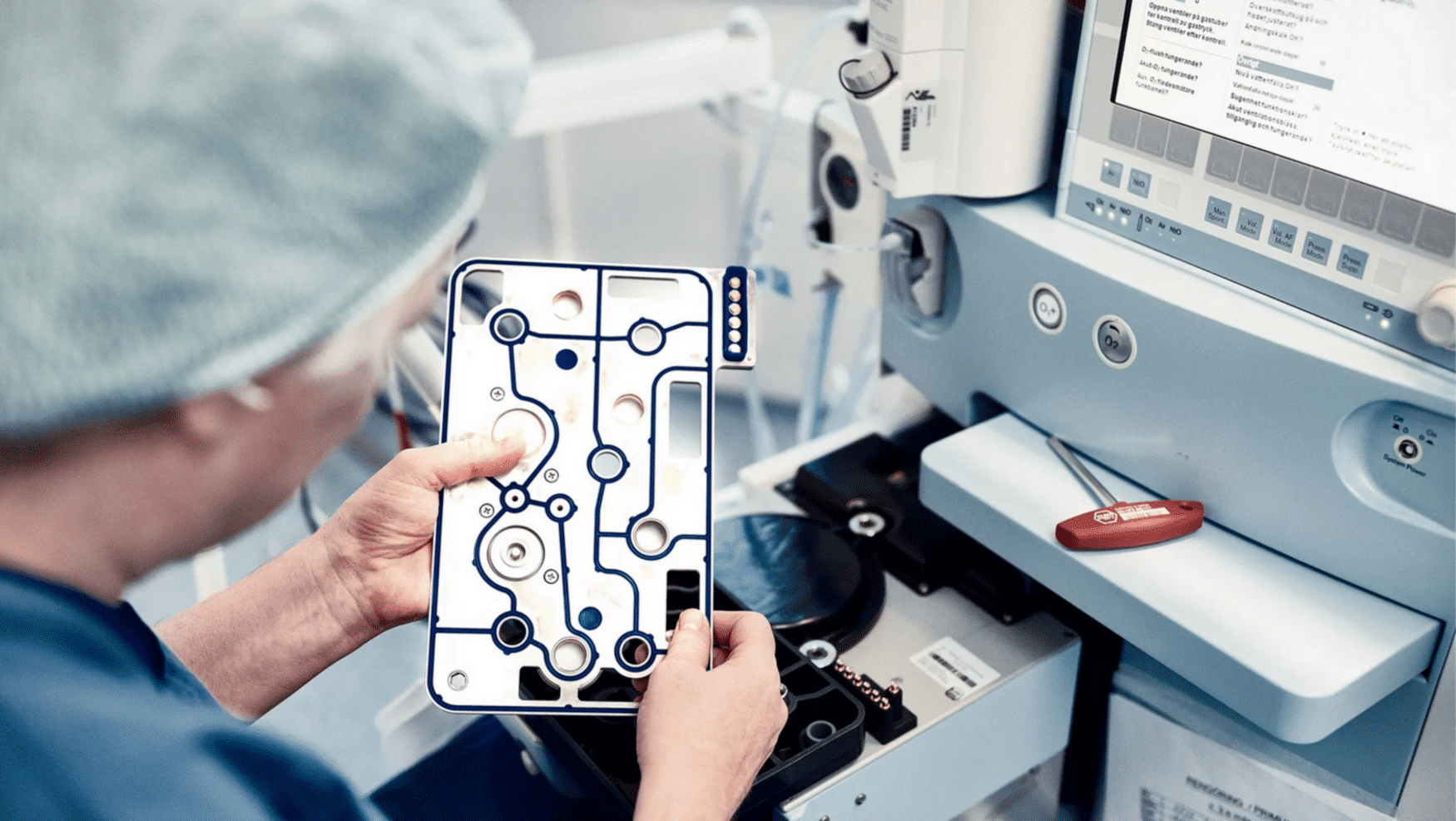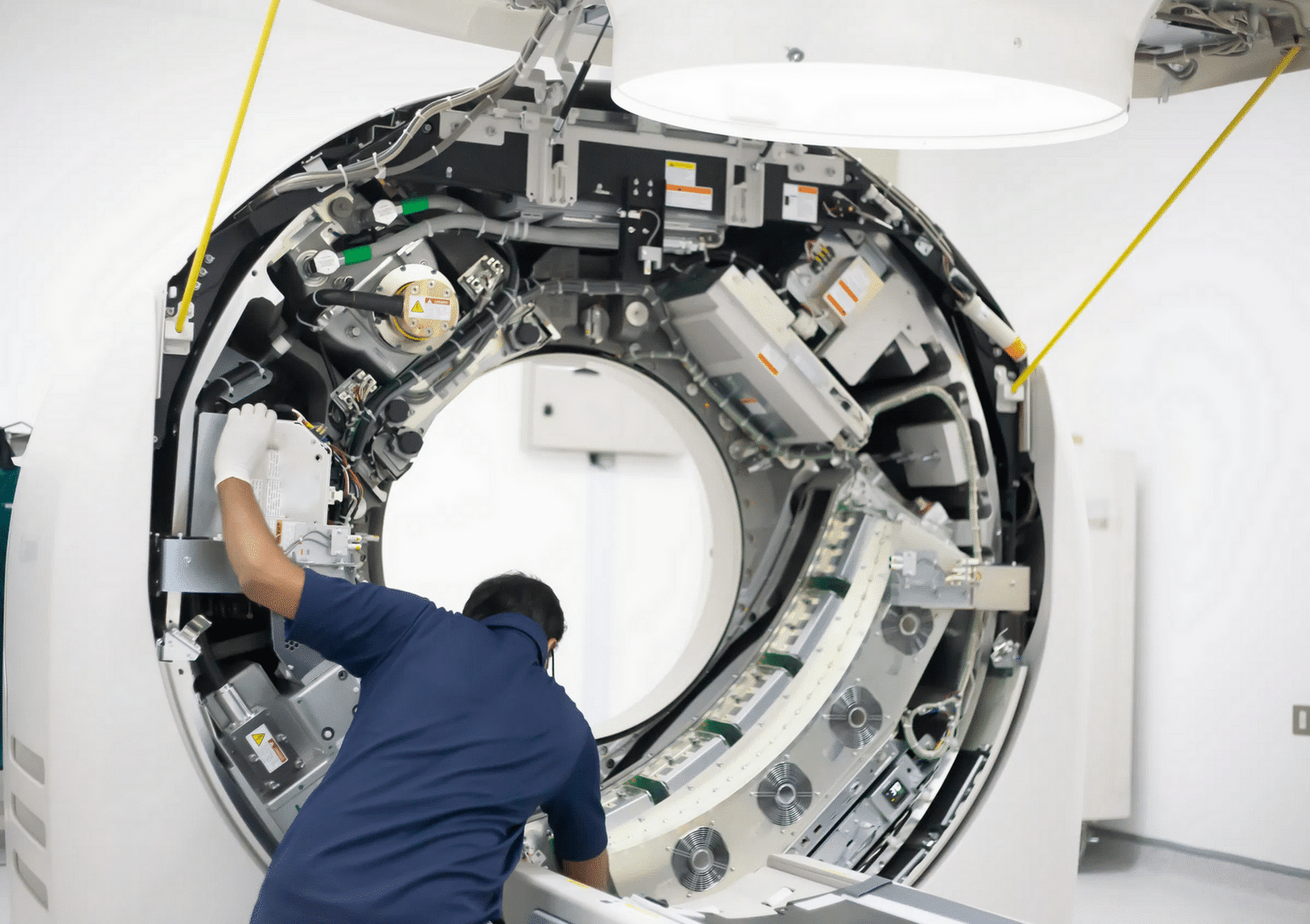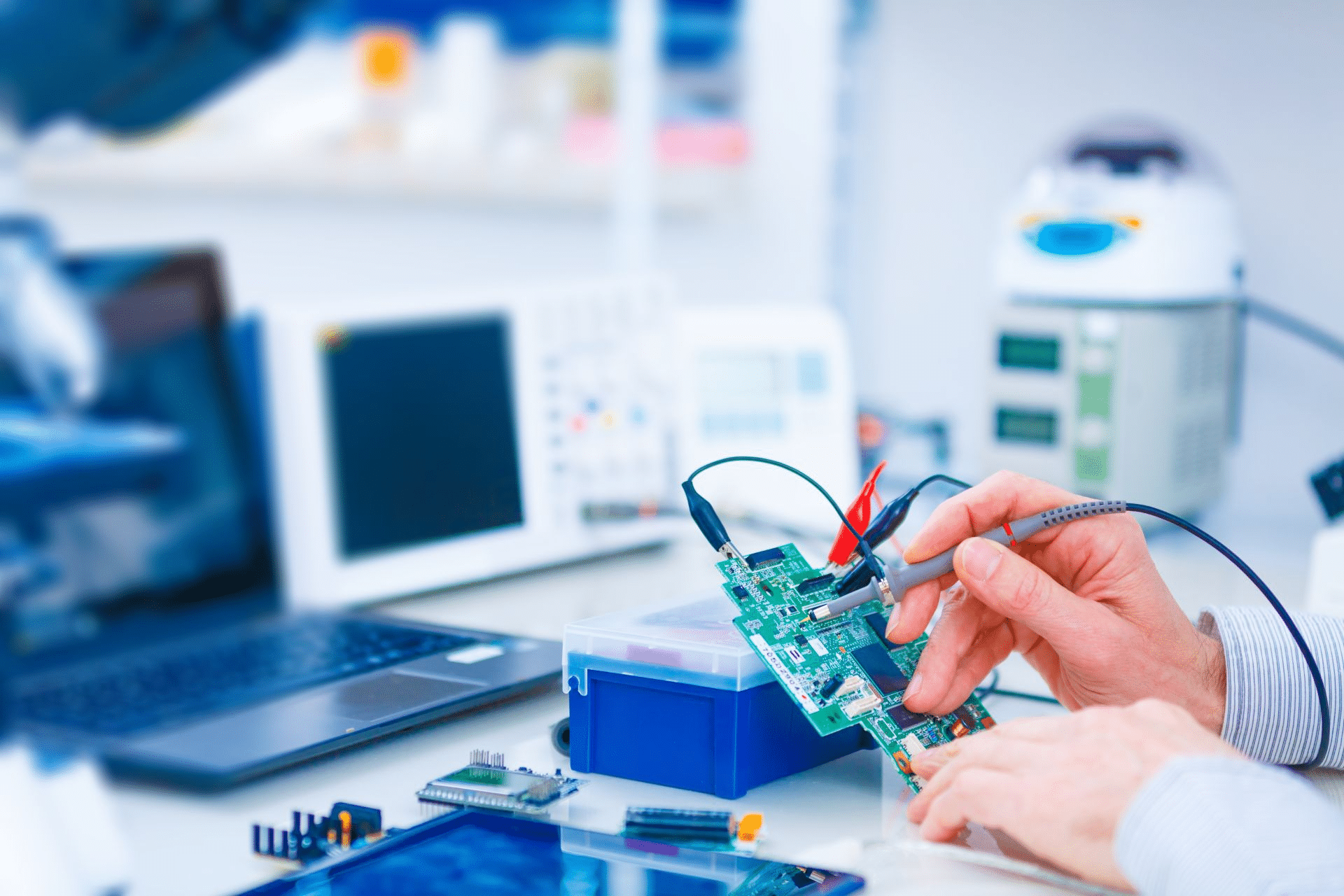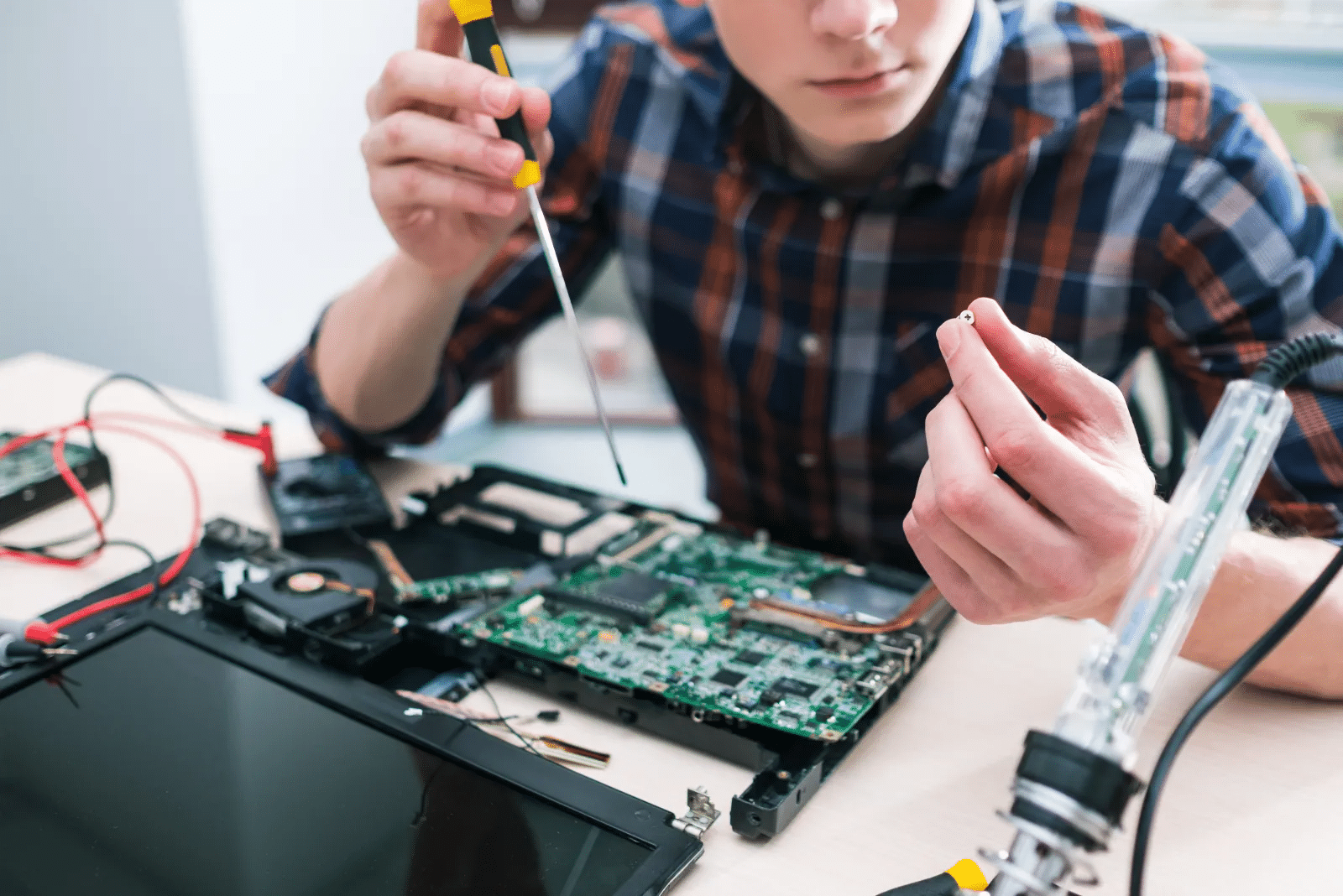At the moment, Biomedical Engineers play a pivotal role in advancing healthcare by designing medical devices, improving systems, and innovating new technologies to enhance patient care quality. Combining technical expertise with interpersonal skills, they thrive in dynamic and complex environments like hospitals and clinics. If you aspire to excel as a clinical engineer, mastering essential skills is crucial for success in this competitive field. This article highlights five key skills every clinical engineer should possess and offers tips on developing and showcasing them when pursuing career opportunities.
Essential Skills for Biomedical Engineers
Biomedical Engineers require a blend of technical and interpersonal skills to design and develop medical devices, optimize healthcare technologies, and collaborate effectively with medical teams to improve patient outcomes. These skills go beyond technical knowledge to include communication, problem-solving, and organizational abilities. Below are the essential skills clinical engineers need to excel in their field:

1) Attention to Detail
Attention to detail is a fundamental skill for clinical engineers, given the high stakes of working in a sensitive field that demands precision. Errors in designing or manufacturing medical devices can have serious consequences for patients. For instance, designing a pacemaker requires every component to be meticulously accurate to ensure patient safety.
Additionally, Biomedical Engineers must frequently review protocols and technical specifications, making attention to detail indispensable. This skill also involves understanding regulatory requirements and healthcare standards, ensuring that medical devices comply with global guidelines.
2) Performing Under Pressure
Biomedical Engineers often work in high-pressure environments, particularly during emergencies or when developing medical devices under tight deadlines. The ability to remain calm and make swift, effective decisions is critical. For example, a clinical engineer may need to repair a vital medical device during surgery, where time is of the essence in saving a patient’s life.
They also face challenges such as meeting project deadlines or resolving urgent technical issues. Effective time management and prioritization under pressure distinguish successful clinical engineers, fostering trust between medical teams and engineers while enhancing healthcare delivery.

3) Understanding Patient Needs
While Biomedical Engineers do not provide direct patient care, understanding patient needs is vital. This skill enables them to design devices and technologies that meet the requirements of healthcare professionals and improve patient experiences. For example, a clinical engineer might propose voice-controlled devices to facilitate surgical procedures, minimizing errors and boosting efficiency.
By focusing on patient-centered innovations, clinical engineers contribute to better healthcare outcomes and the overall advancement of medical technology.
4) Communication Skills
Effective communication is indispensable for clinical engineers, who interact with diverse stakeholders, including doctors, nurses, patients, and fellow engineers. They must simplify complex technical concepts for non-specialists, such as explaining the operation of a new medical device to a medical team.
Moreover, strong communication skills help engineers gather feedback from healthcare professionals, fostering collaboration and idea exchange to optimize healthcare systems.

5) Problem-Solving Skills
Problem-solving is among the most critical skills for clinical engineers. They often encounter challenges such as malfunctioning medical devices or the need to enhance existing systems. With strong problem-solving abilities, engineers can analyze issues, identify root causes, and implement effective solutions based on data and logic.
For instance, if a medical device malfunctions, a clinical engineer might investigate the root cause, utilize their technical knowledge, and repair the device. Additionally, they can propose system improvements to increase efficiency and minimize errors, driving innovation in healthcare technologies.
Key Technical Skills for Clinical Engineers
For aspiring Biomedical Engineers, mastering both fundamental and technical skills is essential. Clinical engineers rely on this combination to excel in their work, as neither set of skills can stand alone. Among the most critical technical skills for clinical engineers are engineering and technical expertise.
Engineering Skills
One of the foremost skills Biomedical Engineers must possess is advanced engineering knowledge. This includes a deep understanding of mathematics and statistics, as well as the ability to analyze data and manage operations. Proficiency in computer-aided design (CAD) software to model and design new medical devices is also vital. Clinical engineers often collaborate with other engineers, utilizing precise terminology to describe components and technical processes.
Moreover, a strong educational foundation in fields like mechanical engineering or biomedical engineering is indispensable. This background enables clinical engineers to refine their technical skills and apply them effectively to develop innovative medical devices.

Technical Expertise
Technical expertise is a cornerstone of clinical engineering, encompassing skills like programming, computer science, and technical writing. Biomedical Engineers leverage these skills to maintain medical devices, troubleshoot technical issues, and interpret complex schematics and technical drawings.
For instance, a Biomedical Engineers might need to analyze an intricate manual for a new medical device or create software to monitor device performance in a hospital setting. These skills empower them to adapt to rapid technological advancements in healthcare.
How to Develop Technical Skills as a Biomedical Engineers
Relying solely on basic skills is insufficient for long-term success in clinical engineering. Continuous improvement is essential to remain among the top professionals in the field. Here are practical steps to enhance your skills:
Set Clear Goals
Start by identifying a specific skill you want to improve, such as communication or problem-solving. Define a measurable goal, like “Enhance my ability to explain technical concepts to medical teams within three months.” Break this goal into smaller, manageable steps to stay motivated and track your progress.
Manage Your Time Effectively
Effective time management is key to skill development. Dedicate regular time to practice new skills, such as reading technical articles, analyzing industry case studies, or attending training sessions. Use downtime to learn something new, as consistent effort helps you make steady progress without feeling overwhelmed.

Seek Feedback
Don’t hesitate to seek advice or feedback from colleagues or supervisors. For example, if you’re improving your technical skills, ask a colleague to review your code or design. Listen to their input carefully and use it to refine your work. Constructive feedback highlights your strengths and areas for improvement, allowing you to focus on what matters most.
Embrace Continuous Learning
The field of clinical engineering evolves rapidly, making it essential to stay informed about the latest technologies and trends. Enroll in specialized training courses, read industry-specific books and journals, and participate in scientific conferences. Lifelong learning ensures you remain at the forefront of your field and continually enhance your skills.
In conclusion, if you aspire to be a part of the exciting advancements in Biomedical Engineers and contribute to transforming healthcare, HSI offers the gateway to achieving your dream. Through its specialized courses and innovative training programs, HSI provides all the tools you need to develop both technical and interpersonal skills. Start your journey with HSI today and make excellence in clinical engineering a reality. The future awaits creative and skilled clinical engineers like you!
Source: Clinical Engineer Skills: Definition and 6 Examples